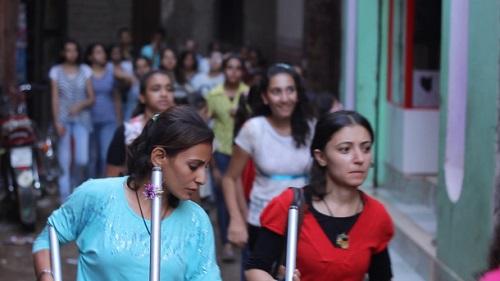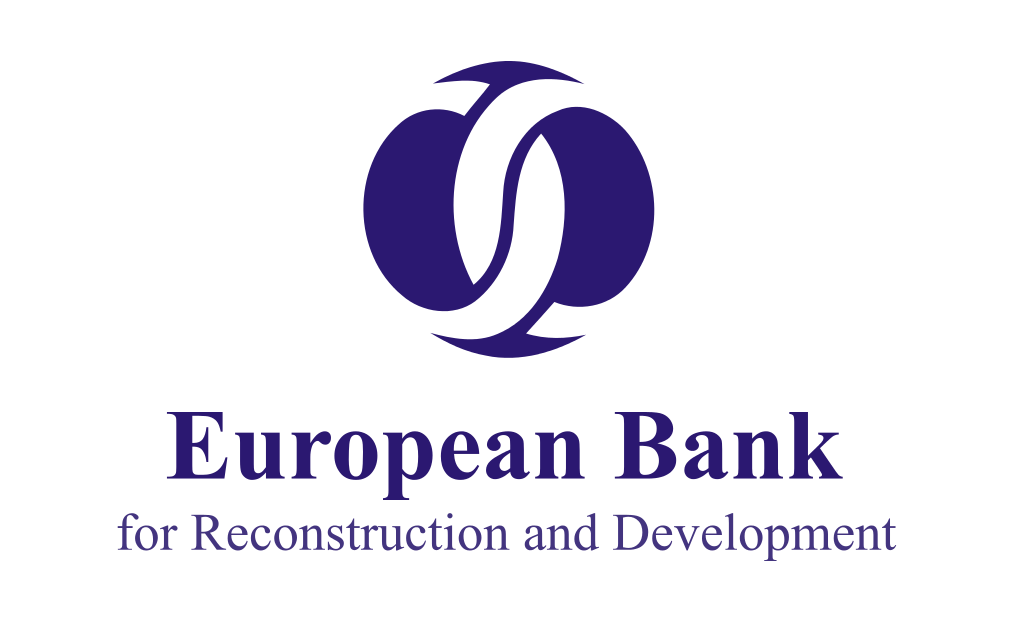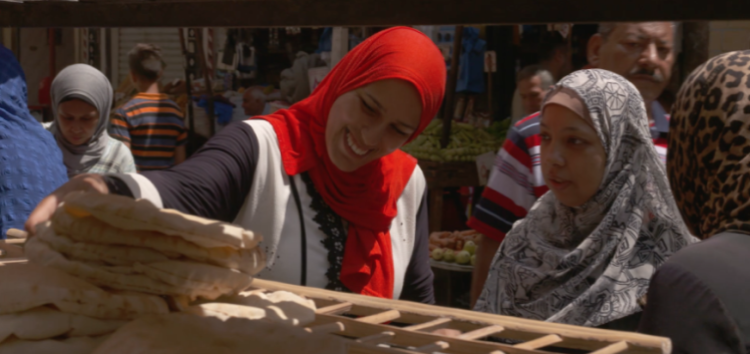Street theatre project challenges sexism and sectarianism in Egypt

Like other projects implemented under the EU-funded Drama, Diversity and Development programme, the Villages’ Train project has been performing on the streets of Egypt to highlight issues facing minority communities. The project employs street theatre to initiate a discussion about the multi-layered faces of sectarian violence and its manifestation of discrimination and oppressions.
By establishing self-sustainable theatre groups in these small villages, this project intends to create an initiative with the artistic tools and conceptual knowledge to discuss gender-based issues within a sectarian paradigm.
“One of the main things we are trying to achieve is to bring out the diversity of each group by collectively writing and compiling a performance with each team of the 7 villages, and use theater to offer a space for expression and mobility in the villages themselves,” Shady Abdalla, the Project Coordinator explained.
Drama, Diversity and Development is the first grant project in culture funded under the regional programme “Media and Culture for Development in the Southern Mediterranean Region Programme”. DDD then sub-grants to smaller projects, towards its aim of promoting diversity and challenging discrimination against minorities through theatre.
Media and culture for development in the Southern Mediterranean has been allocated a total budget of €17 million over a four-year period, of which €9 million is for the award of grants on a co-financing basis, and €8 million for one capacity-development mechanism on media (MedMedia) and one capacity development mechanism on culture (MedCulture). Specifically, the programme seeks to reinforce the role of media and culture as vectors for democratisation, and economic and social development for societies in the Southern Mediterranean. In the cultural field, it supports activities fostering cultural policy reform and reinforcing the capacity of cultural policy makers, as well as promoting investment and the development of cultural operators’ business capabilities.
Read more
Med Culture web page
EU Neighbourhood section Culture and media
Related news
Newsletter
Subscribe to receive our latest updates
News alerts
Personalise your news alerts subscription
© This project is funded by the European Union, 2026
The information on this site is subject to a
disclaimer
and protection of
personal data .



























 Syria
Syria 



